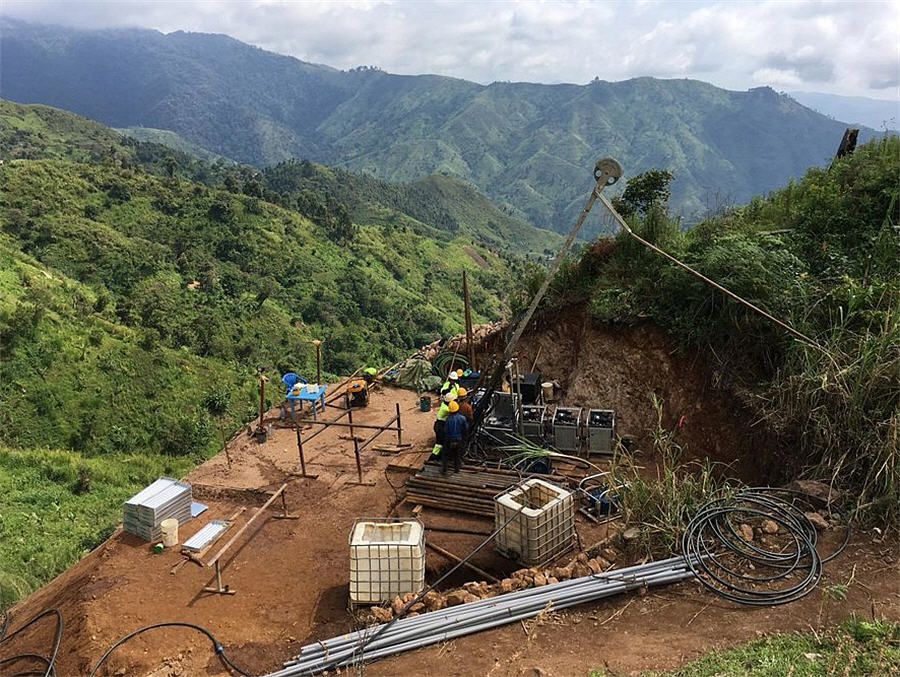Uganda seeks again to redevelop defunct Kilembe copper mine

The Ugandan government is making another attempt to reopen a defunct copper mine estimated to contain 4 million tonnes of ore, it said on Tuesday, and several international firms have expressed interest in the project.
Once a major producer of copper and cobalt, Kilembe was abandoned by Canadian firm Falconbridge in the 1970s when Uganda’s economy stagnated under the erratic leadership of dictator Idi Amin Dada.
More than 20 companies had expressed interest in the tender — Evelyn Anite, the state minister for investment and privatisation
Previous government efforts to revive the mine, near Uganda’s border with the Democratic Republic of Congo, were stymied by a downturn in the commodities market and a failed 2013 deal with a Chinese investor, eventually cancelled after years of slow progress and missed targets.
The ore in Kilembe mine is estimated to be 1.98% pure copper and 0.17% cobalt, Uganda’s Department of Geological Survey and Mines said.
More than 20 companies had expressed interest in the tender, Evelyn Anite, the state minister for investment and privatisation, told Reuters.
Jennifer Hinton, director for East African operations at Canadian miner M2 Cobalt Corp, told Reuters it was one of the firms that had jointly expressed interest in the mine, along with partner Australia’s Jervois Mining Ltd.
M2 already owns 2,400 square kilometres of exploration acreage in Uganda, some near the Kilembe Mines.
“The Kilembe Mine was historically a significant copper producer, and the best place to find more copper is around a copper mine,” said Hinton. “With serious investment in the right modern exploration techniques we believe the potential for discovery of new deposits is high.”
The government decided to redevelop the Kilembe Mine, which sits on the foothills of the ice-capped Rwenzori mountains, in a cabinet meeting on Monday. The redevelopment would include “further mineral exploration to add to the known reserve base,” a government statement said.
(By Elias Biryabarema; Editing by Katharine Houreld and David Holmes)
More News
{{ commodity.name }}
{{ post.title }}
{{ post.date }}




Comments